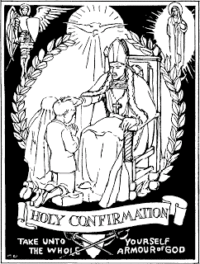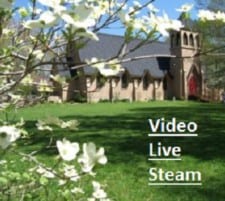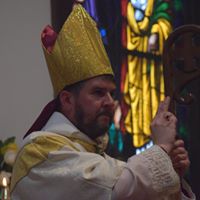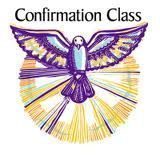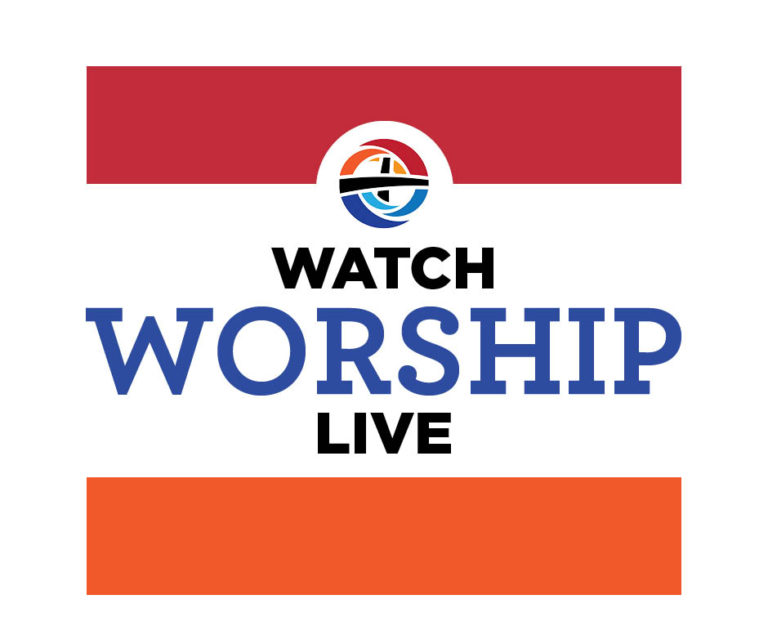Musical Notes for Sept 15th
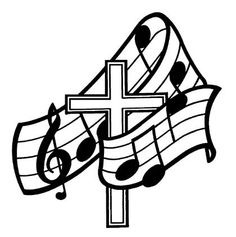
Prelude Meditation Will C. Macfarlane
William Charles Macfarlane (1870-1945) was an English-born composer, who, at the time of writing this Meditation in 1910, was organist-choirmaster at St. Thomas Episcopal Church in New York.
Introit
(Psalm 74:20a, 21a, 22a, 23a) Have respect, O Lord unto Thy covenant:
O let not the oppressed return ashamed. Arise, O God, plead Thine own
cause: and forget not the voice of Thine enemies.
(Psalm 74:1) O God, why hast Thou cast us off for ever? Why doth Thine anger smoke against the sheep of Thy pasture?
The book of Psalms is the hymnal of the Bible, containing poetry intended to be sung. The music being used is based on a method of singing non-metrical texts known as Anglican chant (originating during the 16th century English Reformation as an outgrowth of plainchant for singing Scriptural and liturgical texts.) The Psalm for today is being sung by the congregation using a total of three notes. The technique is chanting in speech rhythm on a single pitch to a second adjacent pitch on the last word at the end of the phrase (located either just before the asterisk or at the end of the verse). The odd-numbered verses ascend in pitch; the even-numbered verses descend.
Offertory
(Psalm 31:14-15a) I trusted in Thee, O Lord: I said, Thou art my God.
My times are in Thy hand.
Organ Liebster Jesu, wir sind hier J. S. Bach
Johann Sebastian Bach (1685-1750) wrote several organ pieces on the hymn “Blessed Jesus, here are we” (#186 in The Hymnal 1940). This, from his Orgelbuchlein (Little Organ Book) treats the tune in canon between the soprano and alto parts.
Postlude Festal Procession Gordon Balch Nevin
Gordon Balch Nevin (1892-1943) was a composer, organist/director and Westminster College music professor in Pennsylvania. His procession contrasts the principal organ stops with the trumpet stops.

